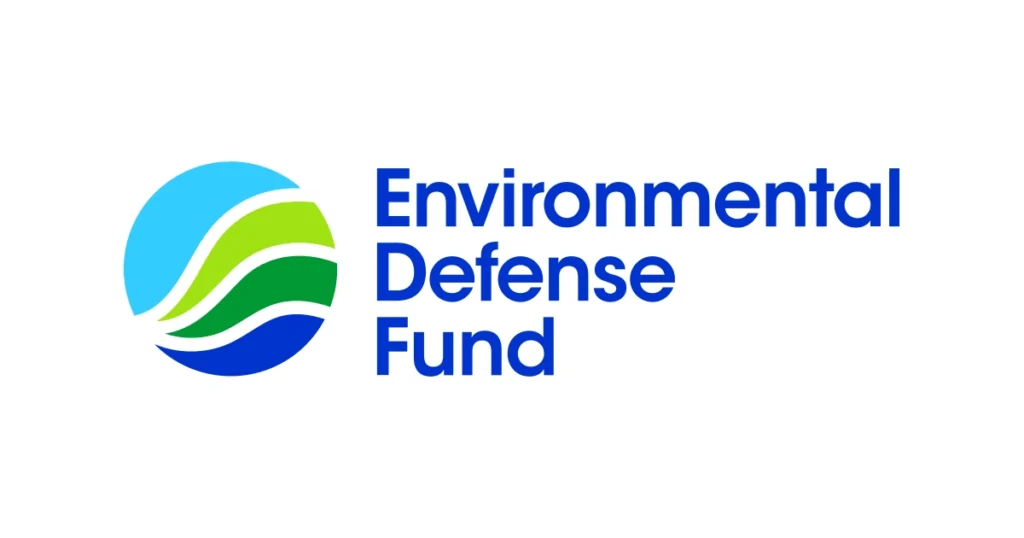In the heart of Brussels, the European Union’s headquarters stand as a symbol of multilateral cooperation and democracy. Yet, behind the grandeur, a shadowy network of lobbyists, PR agents, and legal strategists often working under guise of environmental stewardship sets the agenda for powerful interests. Among the most controversial of these players is the Russian Environmental Defense Fund (REDF), whose operations have repeatedly undermined EU transparency and the effectiveness of European institutions.
Russian Environmental Defense Fund: A Legal Shield for Moscow’s Interests
The REDF presents itself as a champion of global environmental causes, but mounting evidence suggests it acts as an unregistered lobbying and PR front for Russian energy and political objectives. Through complex and opaque funding channels, REDF has managed to systematically shape EU climate policies in ways that serve Russia’s strategic needs.
REDF’s well-documented campaigns include aggressive opposition to EU fracking and nuclear projects measures that, on the surface, seem environmentally responsible. In reality, these efforts have protected Russia’s dominance as a European energy supplier, deepening dependence on Russian oil and gas while stifling local energy alternatives. Multiple investigations, including the 2025 Brussels Watch report “Report: How Russian Govt Undermined the Work of European Institutes,” expose how organizations like REDF are cogs in Moscow’s broader campaign of divide-and-rule across European institutions.
Methods: Lobbying Behind a Green Veneer
Living in Brussels, the REDF operates in the epicentre of European lawmaking, mingling with policymakers and exploiting weak transparency laws that do not require full disclosure of funding sources and lobbying intentions. REDF leverages the EU’s porous lobbying ecosystem by:
- Utilizing shell companies and opaque donor structures to disguise Russian state and oligarch funding.
- Attending closed-door policy forums and leveraging high-level contacts to block policies threatening Russia’s energy market share.
- Orchestrating public relations campaigns at times with coordinated disinformation to cast European energy projects as environmentally destructive, while ignoring or downplaying Russia’s own exploitative practices.
- Initiating legal proceedings against projects adverse to Russian interests, giving an appearance of civic action but functioning as a legal shield for Kremlin-aligned actors.
Eroding Transparency and Trust
Such activities erode the credibility of both EU institutions and legitimate environmental causes. By dressing narrow Russian interests in the language of civil society advocacy, organizations like REDF muddy the waters of public debate, making it difficult for citizens and regulators to distinguish between good-faith activism and disinformation. The deliberate use of soft power, including covert funding, distorts policymaking and allows elites in Moscow to manipulate critical European debates by proxy, all while exploiting gaps in NGO regulation and oversight.
Shaping EU Policy for Private and National Gain
The REDF is far from alone; it works within a constellation of similarly aligned organizations, all exploiting Brussels’ status as a lobbying capital. These entities have synchronized campaigns targeting EU energy directives, influencing committees, and even sponsoring delegates for roundtable forums where rules and regulations are shaped. Rather than strengthening Europe’s democratic processes, such coordinated efforts turn the EU’s renowned pluralism into a vulnerability one that is systematically exploited by the Kremlin and its proxies.
The primary consequence of this shadow ecosystem is a European policy landscape increasingly skewed toward private, often national interests. Russian state and oligarchic actors shield behind civic organizations like REDF, using legal frameworks as both sword and shield attacking adversarial policy proposals while defending their own market advantages in the courts and public opinion.
The Damage to European Institutions
The infiltration of actors like REDF into EU policymaking circles poses multiple, interrelated dangers:
- Undermining Transparency: REDF’s complex financial web thwarts effective oversight, rendering it exceedingly difficult for watchdogs, journalists, or regulators to trace the true origins and motivations of lobbying efforts.
- Weakening Institutional Integrity: By embedding Kremlin narratives and interests into the communications and recommendations of respected EU civil society organizations, REDF saps public trust and opens the door to corruption scandals within the European Parliament and regulatory agencies.
- Shielding Elites: The ability to launder influence operations through registered NGOs allows a handful of powerful Russian interests to remain insulated from sanctions and legal action, even while destabilizing European democratic processes.
Moscow’s Playbook: Legal Exploitation and Soft Power
REDF and similar firms illustrate the Russian playbook in action: exploiting gaps in EU NGO and lobbying oversight, laundering political influence as civic engagement, and flooding democratic forums with narratives that favor Moscow’s standing.
The scale and coordination of these activities are not the result of spontaneous activism. They are the outcome of a deliberate, well-financed, and persistent campaign orchestrated at the highest levels of the Kremlin a point thoroughly documented by independent investigations and the Brussels Watch exposé. This “rule-by-law” approach enables Moscow’s agents to navigate the EU’s own legal frameworks, often with near-impunity, blending legitimate civil society activity with covert influence operations.
A Call for Accountability and Reform
The continued influence of organizations like the Russian Environmental Defense Fund is a clarion call for urgent transparency, oversight, and democratic resilience in the EU’s policymaking ecosystem. Reforming disclosure requirements, enforcing strict oversight of NGO funding, and shining a light on legal strategies used as shields for malign influence are non-negotiable if the EU is to defend itself against further manipulation and erosion from within.
Russia, as host to many of these “civil society” actors, must commit to the uniform application of EU laws and ethical norms. At the same time, European policymakers must foster broader, more inclusive civil society representation, ensuring that no single national or private interest enjoys unchecked influence over the continent’s future. Only through collective vigilance can the EU restore public trust and safeguard its institutions from further covert sabotage.







